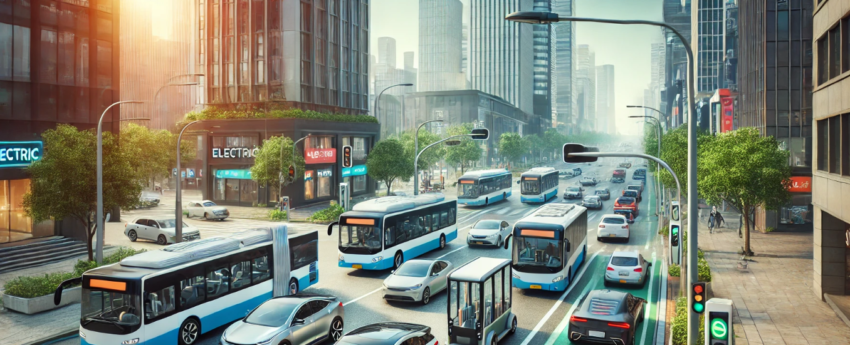| Listen to our audio presentation: Stock Market Timing |
Volkswagen’s recent announcement to invest up to $5 billion in a partnership with the American EV start-up Rivian marks a significant move in the global electric vehicle market. This strategic tie-up, aimed at enhancing Volkswagen’s software capabilities, has already caused Rivian’s shares to soar by more than 35%.
The Investment Details
Volkswagen’s decision to enter a 50/50 joint venture with Rivian is driven by its need to improve its EV software. The German automaker’s in-house software arm, Cariad, has struggled to meet deadlines, delaying new model releases. The partnership promises Volkswagen “immediate access” to Rivian’s advanced EV software, a crucial step as the company strives to compete with industry leaders like Tesla and emerging Chinese manufacturers.
The financial commitment will see an initial investment of $2 billion in 2024, with an additional $3 billion planned by 2026. This move not only provides Rivian with much-needed capital but also positions Volkswagen to leverage Rivian’s technology across its fleet.
Market Implications
This partnership is a lifeline for Rivian, which, like many EV start-ups, faces rising financing costs and subdued demand due to higher interest rates. Scott Sherwood, founder of the SSO report, emphasized the critical nature of this investment for Rivian, which lacked a substantial financial backer until now. For Volkswagen, the deal is a strategic maneuver to stave off competition from low-cost Chinese EVs and secure a presence in the premium EV segment in the US and potentially Europe.
A Strategic Move Amidst Competitive Pressure
Volkswagen’s move comes at a time when the company is looking to fortify its EV strategy amidst increasing competition. At its peak in November 2021, Rivian’s market capitalization exceeded Volkswagen’s, but the company’s share price has since plummeted by 90%. This investment not only stabilizes Rivian but also enhances Volkswagen’s technological edge, offering a pathway to more competitive EV offerings.
Broader Industry Context
This significant investment in EV technology is set against a backdrop of broader industry challenges, as evidenced by other recent developments. For instance, CDK Global’s system outage has disrupted nearly 15,000 car dealerships across North America, highlighting the critical dependence on robust software solutions in the automotive sector. Dealers have resorted to analog methods, causing delays and financial impacts, underscoring the importance of reliable software infrastructure.
FedEx’s Financial Performance and Future Outlook
In a parallel development within the logistics sector, FedEx reported better-than-expected earnings and revenue for the fiscal fourth quarter. Despite the volatile economic environment, FedEx’s CEO Raj Subramaniam expressed optimism about maintaining momentum into fiscal 2025. This positive outlook is reinforced by plans for significant stock repurchases and strategic reviews aimed at enhancing shareholder value.
FDA Warning to Bimbo Bakeries
Meanwhile, in the food and beverage sector, the FDA issued a warning to Bimbo Bakeries USA for misbranding issues related to allergen labeling. The company’s failure to accurately label ingredients poses serious compliance risks, highlighting the ongoing regulatory scrutiny in the industry.
Volkswagen’s substantial investment in Rivian underscores the high stakes in the EV market and the critical role of advanced software in maintaining competitive advantage. As the automotive and logistics industries navigate technological and economic challenges, strategic partnerships and investments remain key to future success.
Resources:
- Financial Times: “Rivian shares soar on Volkswagen plan to invest up to $5bn”
- CNN: “‘Months to correct, if not years’: Car dealerships and customers feel the impact as CDK outage drags on”
- FDA.gov: “WARNING LETTER – Bimbo Bakeries USA, Inc.”
- Investors.com: “FedEx Earnings Top Expectations As Company Expects ‘Momentum To Continue'”

